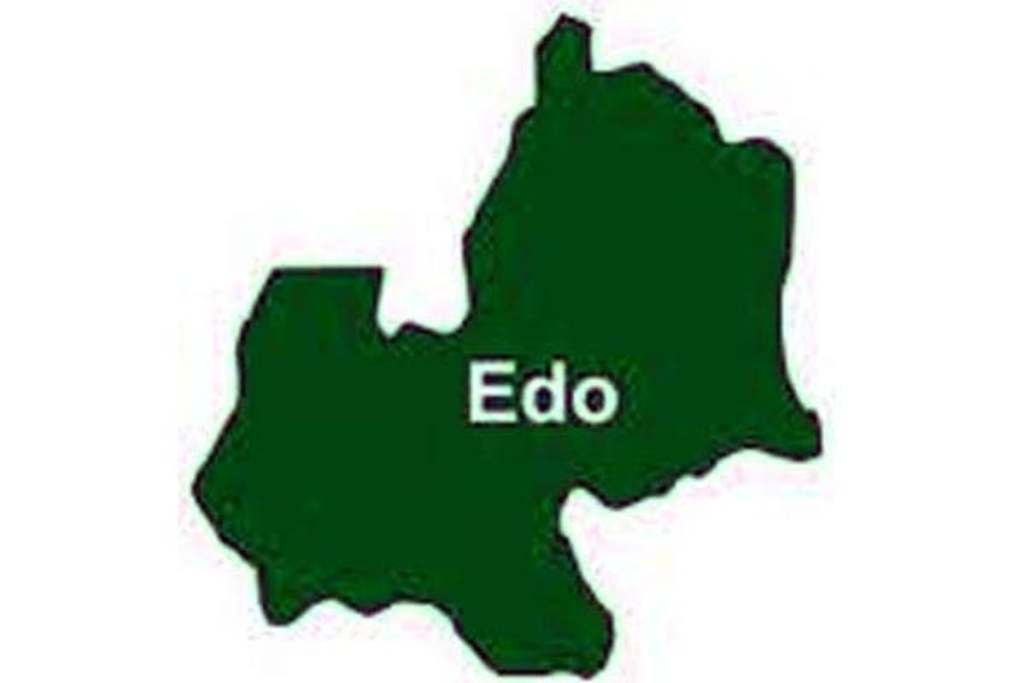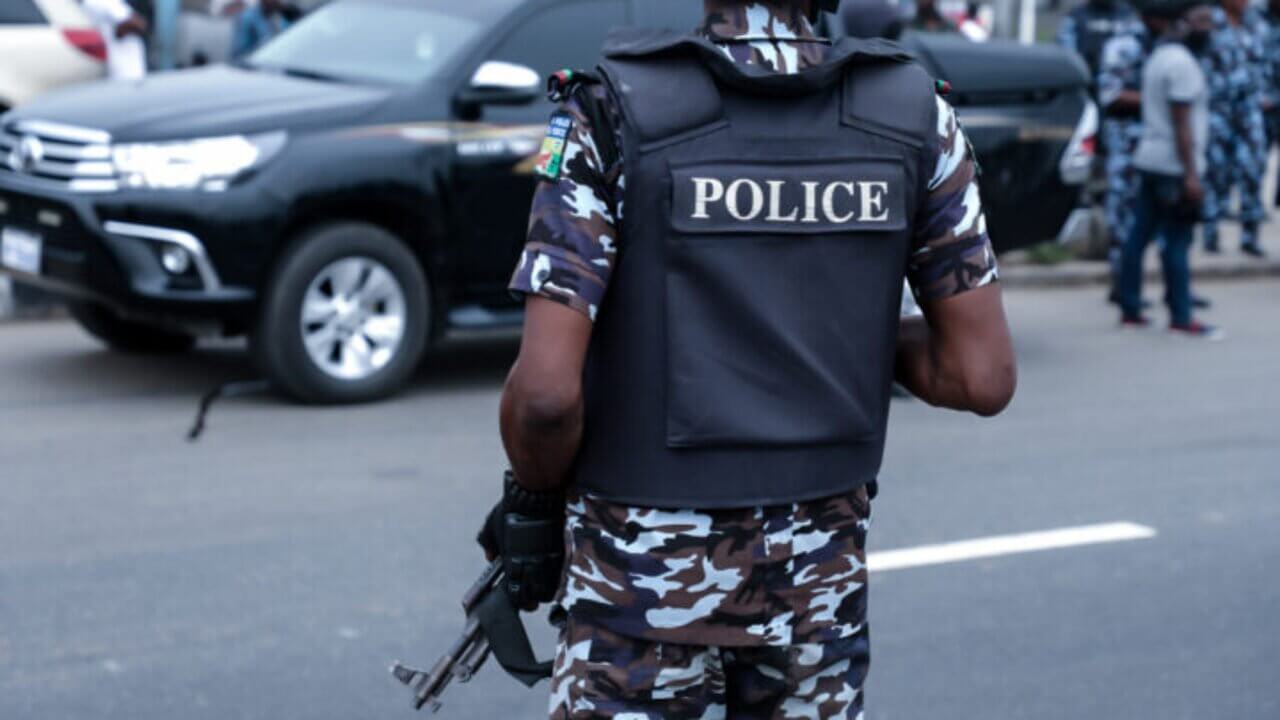Governor Nasir El-Rufai of Kaduna State has warned that anyone who preaches without authorization in the state will be liable to pay a fine and may even be imprisoned.
The governor clarified that the concept of Metropolitan Authorities to administer cities and the Interfaith Preaching Regulatory Council are not new in Kaduna state but have only been streamlined to reflect current realities.
He said that Kaduna town has always had an administrator since the days of Lord Lugard, down to the post-independence era and even during military regimes after states were created.
He said that the new law that created the new Metropolitan Authorities merely expanded the concept from Kaduna city to Zaria and Kafanchan.
El-Rufai explained that the Religious Preaching Edict was first promulgated in 1984 by Air Vice Marshall Usman Mu’azu when he was the Military Governor of Kaduna state, to check preachers who incite violence.
According to the governor, what his administration merely did is to bring both the Religious Preaching Edict in line with democratic ethos by sending a bill to the House of Assembly to update the law.
The new Regulation of Preaching Law was passed in 2019 after democratic scrutiny by the Kaduna State House of Assembly and the Interfaith Preaching Regulatory Council is tasked with giving effect to the provisions of that law.
Speaking in an interview with a Kaduna-based radio station which was aired in Hausa on Wednesday night, the Governor said that the laws were duly passed and they are not in contravention of the constitution.
which was aired in Hausa on Wednesday night, the Governor said that the laws were duly passed and they are not in contravention of the constitution.
ALSO READ: Court to hear Nnamdi Kanu’s N5b suit against FG, Malami, DSS 2nd Nov
The governor said that the Metropolitan Authorities will exist side-by-side Local Government Councils and that their functions will be complementary and in the overall interest of Kaduna state citizens.
“The Metropolitan Authorities are newly created but at the same time, they have been in existence before. It is new because they have never been created in Zaria and Kafanchan towns.”
“But it has been in existence in Kaduna since its creation. It has always had an Administrator who superintends over the town since when Lugard created Kaduna, like how Abuja was created as Federal Capital.”
“Kaduna has always had an Administrator because it has never had an Emir. Even during the times of Native Authority, it had an Administrator who functioned with the traditional head, who was the Magajin Gari, down to when Sir Ahmadu Bello was premier,’’ he said.
He said the status of Kaduna continued even after the creation of states but later, it was split into four local governments.
“So, the question is, who administers Kaduna metropolis? Who bears responsibility when there is a problem in Kaduna town?
“Who is supposed to build township roads, to ensure that drainages are functional? Water supply, refuse disposal, are they under the purview of local governments?
“There are issues like these that are not under the local governments,’’ he said.
“These are some of the things that we considered before creating the Metropolitan Authorities. Abuja is the only city in Nigeria that is being administered as a unit.
“The Minister of the Federal Capital Territory is solely responsible for the running of Abuja. I have been Minister of FCT before and I know the importance of administrating a town as a unit”.
Commenting on the Interfaith Preaching Regulatory Council, El-Rufai noted that some people have used religion to cause crises in Kaduna state, adding that “most times, it is preachers that are the worst culprits”.
“The law stipulates that before someone can start preaching, he should be very knowledgeable, has understanding and experience to preach in a manner that will bring about peaceful coexistence within the state.’’
“The council will have to certify whoever wants to preach in Kaduna state as having the requisite knowledge, temperament, experience and foresight to do so. He or she must be someone whose preaching will not incite violence in Kaduna state,’’ he said.
“The law also forbids playing a preaching audio at around 3 am in the mosque, blaring it with a high volume and disturbing neighbours, in the name of religion.’’
“The council will also have committees at all the local government areas. The screening of preachers will start from the local government level before he or she ultimately gets a preaching license.”
“Anyone who doesn’t follow this procedure and begins to preach without authorization, will be liable to pay a fine and may even be imprisoned,” he said.







